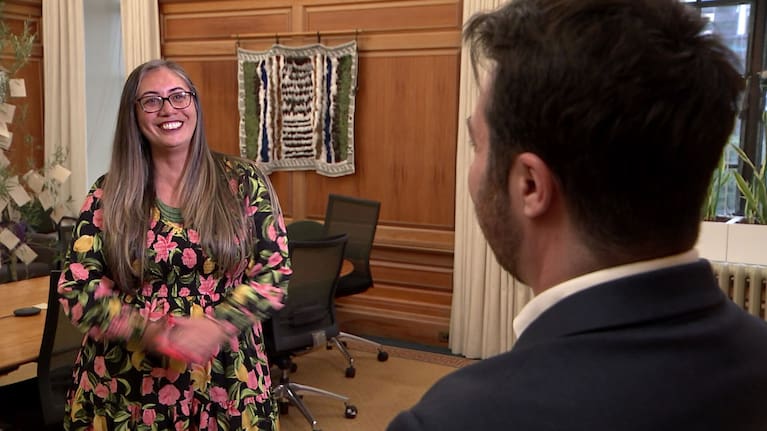A bill that would uniquely protect Māori-owned land from acquisition for public works will be debated in Parliament.
The members' bill, the Public Works (Prohibition of Compulsory Acquisition of Māori Land) Amendment Bill, is Green MP Hūhana Lyndon's, and was drawn from the biscuit tin ballot this month.
The Public Works Act 1981 gives the state — central and local government — power to acquire land from private landowners for public works, such as roads, schools, police stations and railways.
Lyndon's bill would add a new section to the law which would mean the government and local authorities could not acquire protected Māori land other than by consent of the owners, kaitiaki (guardians) and "any other persons with an interest in the land".
She said the government had been able to take Māori land throughout generations without Māori consent.
"My members' bill seeks to provide the opportunity for Māori to agree or disagree in the taking of their land through the Public Works Act.
"The bill's about fairness, it's about 'not one more acre' but also about informed consent."
Lyndon said she was mindful of Dame Whina Cooper's legacy and that Māori needed to hold on to what land it had left.
"With Māori retaining only 5% of whenua across the nation now, there is very little left for te iwi Māori.
"It is a property rights issue.

"While there might be compensation offered, for te iwi Māori, we've lost so much, so providing the space for whānau to agree or disagree is really powerful in terms of mana motuhake (autonomy) and rangtiratanga (self-determination).
She said the Public Works Act had been one of the main mechanisms that facilitated the alienation of Māori land and compulsory acquisition in the Act "cut across the Treaty guarantee of rangatiratanga".
"It is tailored to address the inequalities but also the land loss we've already suffered, and certainly I think there is good will within the House to support this bill."
Asked if Māori should be treated differently from tauiwi (non-Māori) when it came to property rights, Lyndon said Te Tiriti o Waitangi was the platform for the relationship between Māori and the Crown and it afforded Māori "special rights and privileges".
"But certainly we've had long breaches of te Tiriti through history and this small bill offers the opportunity for Māori to be able to say yes or no [for Public Works takings]."
An earlier version of the bill was sponsored by former Green MP Catherine Delahunty in 2016. It was voted down by the previous National-led Government.
Lyndon said she was "confident" she would be able to appeal to parties across the House to join her "in good faith" to support the bill.
A spokesperson for the ACT Party said the party did not yet have a position but would likely consider it this week.

Similarly, Land Information Minister Chris Penk, who is responsible for the Public Works Act in that role, said the party would consider the member's bill "shortly".
A New Zealand First spokesperson said the party did not yet have a position on it as it had not yet discussed it as a caucus, noting the party had voted against Catherine Delahunty's version of it.
A Te Pāti Māori spokesperson said the party was likely to support the bill.
A Labour spokesperson confirmed the caucus had not yet considered the bill.
The Green Party understands the bill is most likely to face its first reading at the beginning of August.
Once a members' bill has been drawn there is no guarantee it will be passed.
The vast majority of members' bills may not make it to law — or even pass their first reading (the first of three votes to progress a bill), to select committee. A government can also veto a members' bill, if, in that their view, the proposal would have "more than a minor impact" on the government's fiscals should it become law.


















SHARE ME